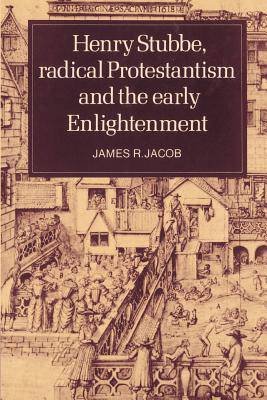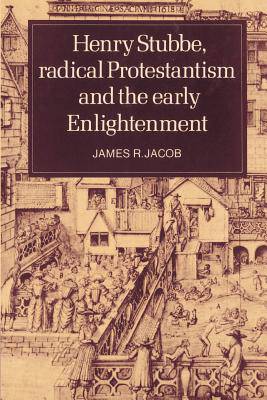
Bedankt voor het vertrouwen het afgelopen jaar! Om jou te bedanken bieden we GRATIS verzending (in België) aan op alles gedurende de hele maand januari.
- Afhalen na 1 uur in een winkel met voorraad
- In januari gratis thuislevering in België
- Ruim aanbod met 7 miljoen producten
Bedankt voor het vertrouwen het afgelopen jaar! Om jou te bedanken bieden we GRATIS verzending (in België) aan op alles gedurende de hele maand januari.
- Afhalen na 1 uur in een winkel met voorraad
- In januari gratis thuislevering in België
- Ruim aanbod met 7 miljoen producten
Zoeken
€ 76,45
+ 152 punten
Omschrijving
Called 'the most noted person of his age' by Anthony Wood, Henry Stubbe (1632-76), classicist, polemicist, physician, philosopher and the most important critic of the early Royal Society, has never had a biography. This study seeks to fill that gap, while standing received opinion about him on its head. The older view has it that at the Restoration Stubbe renounced his radical past and became the enemy of scientific progress and a reactionary defender of church and monarchy. Professor Jacob shows instead that Stubbe continued to espouse radical views after 1660 by devious means. Publicly he resorted to a rhetoric of subterfuge, while he let the full extent of his radicalism be known in private conversations at Bath and in an important clandestine manuscript (which Jacob proves to be his) that circulated among radicals from the early 1670s well into the eighteenth century.
Specificaties
Betrokkenen
- Auteur(s):
- Uitgeverij:
Inhoud
- Aantal bladzijden:
- 232
- Taal:
- Engels
Eigenschappen
- Productcode (EAN):
- 9780521520164
- Verschijningsdatum:
- 16/05/2002
- Uitvoering:
- Paperback
- Formaat:
- Trade paperback (VS)
- Afmetingen:
- 154 mm x 228 mm
- Gewicht:
- 358 g

Alleen bij Standaard Boekhandel
+ 152 punten op je klantenkaart van Standaard Boekhandel
Beoordelingen
We publiceren alleen reviews die voldoen aan de voorwaarden voor reviews. Bekijk onze voorwaarden voor reviews.









